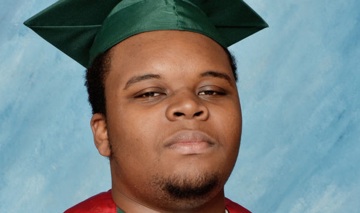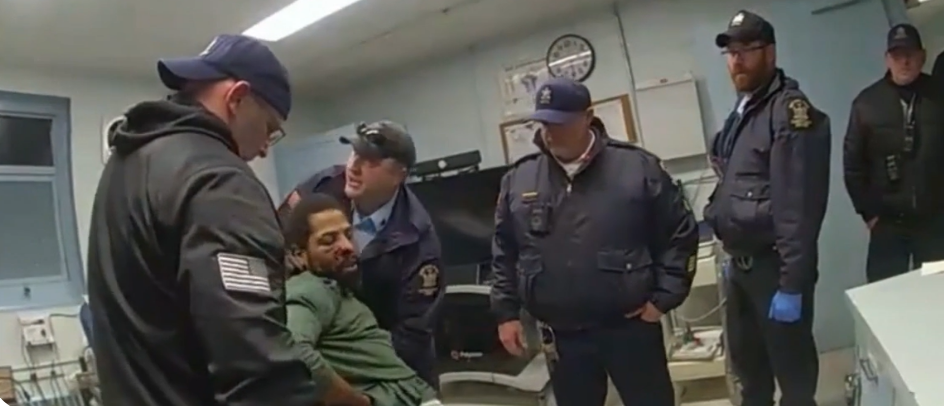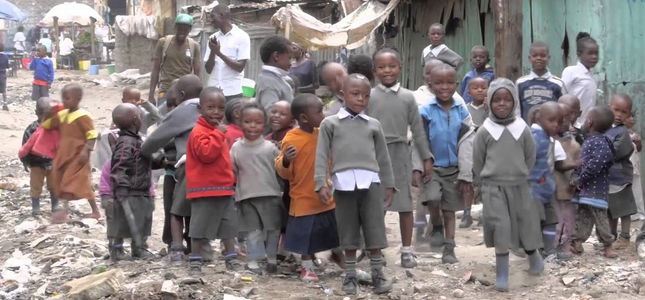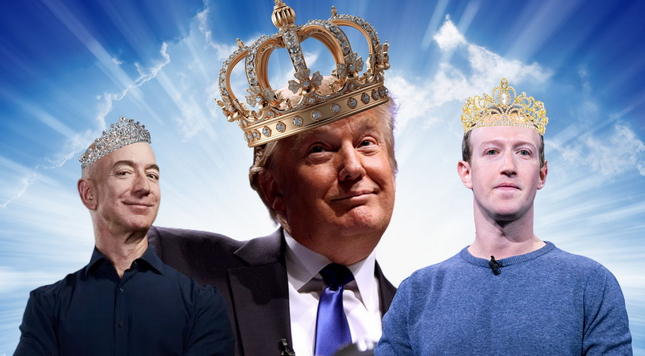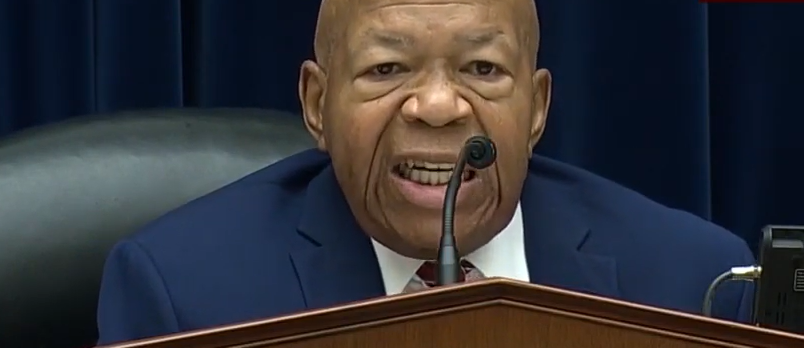Justice for Michael Brown?
As Americans anxiously await the decision from the St. Louis grand jury – nine White and three Black- it is anticipated that it will return a “no bill” or decision not to indict Officer Daren Wilson for the “murder” of Michael Brown.
According to The Christian Science Monitor, the town of Ferguson is preparing for the worst as though it’s “an impending war: boarded-up stores, daily non-violent training sessions across town, law enforcement agencies stockpiling riot gear and tear gas, and a governor who has said the National Guard will be on standby.”
Will this anticipated “no bill” spark what Baldwin called “The Fire Next Time”?
Baldwin wrote: “This innocent country set you down in a ghetto in which, in fact, it intended that you should perish…You were born into a society which spelled out with brutal clarity, and in as many ways as possible, that you were a worthless human being. You were not expected to aspire to excellence: you were expected to make peace with mediocrity.”
This is eerily reminiscent of the Rodney King verdict and the uprising, or rebellion, that occurred in Los Angeles, CA in 1992 after the not guilty verdict was announced. The rebellion started on April 29 after a trial jury acquitted four LAPD officers of assault and use of excessive force. The mostly White officers were videotaped beating a defenseless King, an African-American man, mercilessly, following a high-speed police pursuit.
In the wake of the Rodney King beating America has suffered through the Trayvon Martin “murder”, the killings of Oscar Grant in 2009, Sean Bell in 2006, Patrick Dorismond in 2000, Amadou Diallo in 1999, and so many others. Each of these resulting in different forms and degrees of public protest and outrage.
It is important to understand that the rebellions or uprisings have been portrayed in the media as isolated occurrences. They are rarely described or discussed in their larger historical context. They do not happen in a vacuum. The rebellions are not just reactions to the continued shootings and beatings of innocent unarmed African American men; they are reactions to the powerlessness that the community feels in its inability to put a stop to them.
This sense of powerlessness is derived from the failure of the Civil Rights movement to bring about a shift in the power dynamic between the majority community and the African American community. The Civil Rights movement brought about integration but failed to bring about true political and economic equality for the African American community.
Dr. King said in Frogmore, SC in 1967, “…we have got to come and see that integration must be seen not merely in esthetic or romantic terms. It must be seen in political terms. Integration in its true dimensions is shared power” and that power has rarely if ever been shared.
These extrajudicial killings, stop-and-frisk laws, voter id laws, and so forth, are a result of what Dr. Ron Walters called the “politics of resentment” or what Dr. King called “white backlash…a new name for an old phenomenon”.
Too many over militarized police forces view the African American citizens that they have been sworn to protect and serve as inherent threats or enemy combatants.
The question becomes how do we turn these individual incidents and resulting short-term revolts or rebellions into long-term substantive revolution? In his book Black Prophetic Fire, Dr. Cornel West draws the distinction between “market time” and “democratic time”.
“Market time is fast; it’s quick; it’s push-button; it’s 24/7 cycles of media,” he explains.
The disconnected knee-jerk reactions, uprisings, or revolts in response to these systemically connected shootings and beatings take place in market time. Democratic time is related to “…the kind of organizing and mobilizing (Ella) Baker was doing, requires a long revolution…long memory.”
West states, “…if the people who don’t have revolutionary consciousness but do have love for one leader (or individual such as Michael Brown) they see that leader (or individual) shot down and mistreated, they are more likely to rebel. Now, that’s not revolutionary action, that’s rebellion.”
Short-term reaction not long term revolutionary action.
When the announcement is made, and if the Grand Jury fails to indict Officer Wilson for the shooting death or “murder” of Michael Brown, will the Ferguson community rebel, or through their action start a revolution? That is not an accusation of them but a question to them? If there is a reaction in Ferguson, will it take place in market or democratic time?
Has the “leadership” in the community, both organic and national, been short-sighted, charismatic leadership? Charismatic leadership is media savvy, camera- focused and there for moment, market time. Or is it process-focused, institutional building leadership that will engage and empower the community creating a movement to bring about long-term substantive change?
In his speech, “I Have a Dream” Dr. King warned America, “And those who hope that the Negro needed to blow off steam and will now be content will have a rude awakening if the nation returns to business as usual. And there will be neither rest nor tranquility in America until the Negro is granted his citizenship rights. The whirlwinds of revolt will continue to shake the foundations of our nation until the bright day of justice emerges.”
If the Ferguson Grand Jury returns a “no bill” too many in America will perceive this as “the nation returning to business as usual.”
Will the anticipated response be a revolt or a revolution? If we view this in the context of the Rodney King revolt it brings to mind Baldwin’s famous quote, “God gave Noah the rainbow sign, No more water, the fire next time!”
Dr. Wilmer Leon is the Producer/Host of the Sirius/XM Satellite radio channel 126 call-in talk radio program “Inside the Issues with Wilmer Leon” Go to www.wilmerleon.com www.twitter.com/drwleon and Dr. Leon’s Prescription at Facebook.com © 2014 InfoWave Communications, LLC
